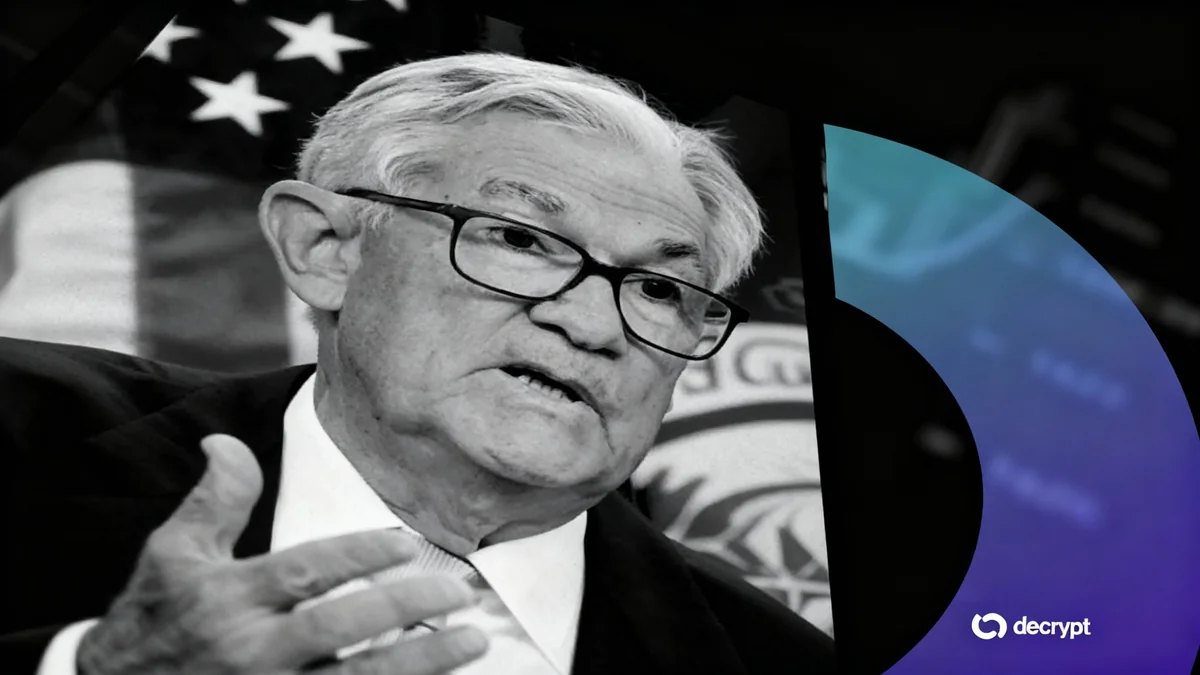Key U.S. lawmakers and prominent figures from the cryptocurrency industry recently held a series of meetings in Washington D.C. to discuss significant legislative proposals. The talks centered on two main topics: the creation of a national strategic Bitcoin reserve and the establishment of a clear regulatory framework for the digital asset market.
These discussions, which involved high-ranking Republican leaders and executives from major crypto firms, indicate a renewed focus on shaping the future of digital finance in the United States following a legislative recess.
Key Takeaways
- U.S. lawmakers and crypto executives met to discuss the BITCOIN Act, a bill proposing a strategic national Bitcoin reserve.
- Separate meetings focused on advancing a market structure bill to clarify regulatory roles for digital assets.
- Participants included Senator Bernie Moreno, Representative Nick Begich, House Speaker Mike Johnson, and Coinbase CEO Brian Armstrong.
- Discussions highlight a concerted effort by Republican lawmakers to advance cryptocurrency-related legislation.
Discussions on a National Bitcoin Reserve
A significant roundtable event focused on the proposed BITCOIN Act. This bill suggests the creation of a strategic reserve of Bitcoin, similar to how the nation holds reserves of other critical assets. The meeting was hosted by the advocacy group Digital Chamber and its affiliates.
Among the attendees were Alaska Representative Nick Begich, Ohio Senator Bernie Moreno, and MicroStrategy co-founder Michael Saylor, a well-known Bitcoin advocate. The conversation explored the potential benefits and implementation of holding Bitcoin at a national level.
Hailey Miller, director of government affairs at the Digital Power Network, commented on the outcome of the discussion. She emphasized the shared belief among participants regarding the necessity of such a reserve.
"Legislators and the executives at yesterday’s roundtable agree, there is a need [for] a Strategic Bitcoin Reserve law to ensure its longevity for America’s financial future."
Miller also suggested that the next steps could involve integrating the strategic reserve proposal into larger policy frameworks that are already moving through the legislative process. This approach could potentially fast-track its consideration.
The BITCOIN Act Proposal
The proposed legislation is expected to build upon a previous executive order. Its primary goal is to create a legal framework allowing the U.S. government to hold up to 1 million BTC in a national strategic reserve, securing a significant stake in the digital asset for the country's future.
Advancing a Clear Market Structure
In parallel to the reserve discussions, other high-level meetings took place to address the urgent need for a comprehensive market structure for cryptocurrencies. Several Republican lawmakers, including House Speaker Mike Johnson and House Financial Services Committee Chair French Hill, met with industry executives.
Coinbase CEO Brian Armstrong was among the key industry leaders present. These talks aimed to build momentum for legislation that would define the roles of various U.S. financial regulators, such as the Securities and Exchange Commission (SEC) and the Commodity Futures Trading Commission (CFTC), in overseeing the digital asset industry.
A clear regulatory framework is seen by many in the industry as essential for fostering innovation and protecting consumers while providing businesses with the certainty they need to operate within the United States.
Senate Considers Companion Legislation
The push for a market structure bill is not confined to the House of Representatives. A separate roundtable was held with Republican members of the Senate Banking Committee to discuss their version of the legislation.
Wyoming Senator Cynthia Lummis, a vocal supporter of the crypto industry, was reportedly involved in these talks. The Senate's proposed bill, tentatively named the Responsible Financial Innovation Act, is said to be based on the CLARITY Act, which was previously passed by the House in July.
Why is a Market Structure Bill Important?
Currently, the digital asset industry in the U.S. operates in a regulatory gray area. Companies often face uncertainty about which agency has jurisdiction over their products and services. A market structure bill aims to eliminate this ambiguity by:
- Clearly defining what constitutes a digital commodity versus a digital security.
- Assigning specific oversight responsibilities to federal agencies.
- Creating a clear set of rules for crypto exchanges, stablecoin issuers, and other market participants.
Legislative Momentum and Future Outlook
The series of three roundtable discussions signals a strong commitment from Republican lawmakers to prioritize digital asset legislation. Coming just after the end of a month-long congressional recess in September, these meetings show that crypto policy remains a key focus.
The two main legislative efforts address different but related aspects of integrating cryptocurrency into the U.S. financial system. The BITCOIN Act focuses on a long-term strategic investment, while the market structure bills are concerned with the day-to-day regulation and operation of the industry.
According to reports, the Senate's version of the market structure bill is expected to face a committee vote by the end of September. The progress of these bills in both the House and Senate will be closely watched by the industry, as their passage could fundamentally reshape the landscape for digital assets in the United States for years to come.





